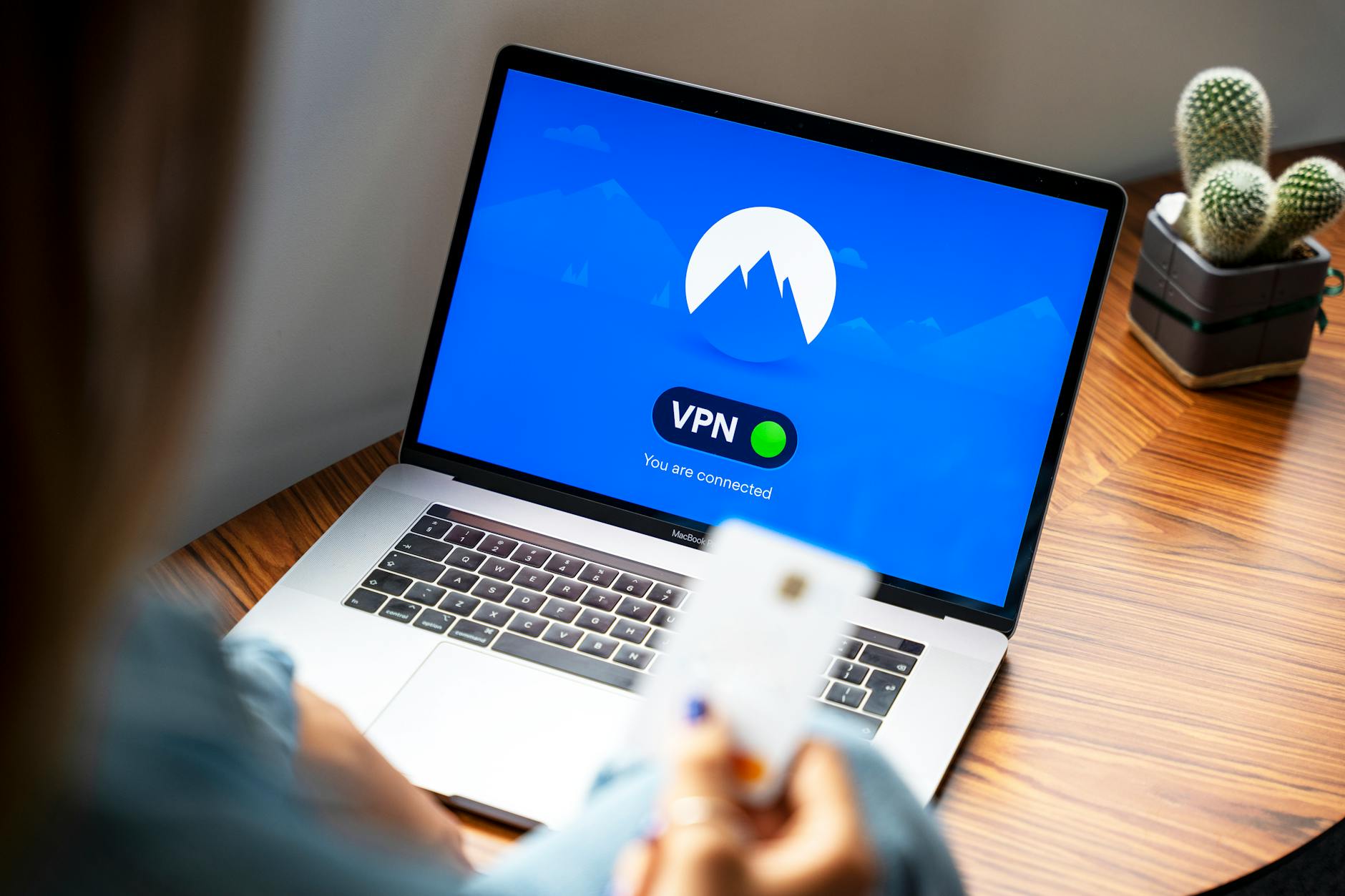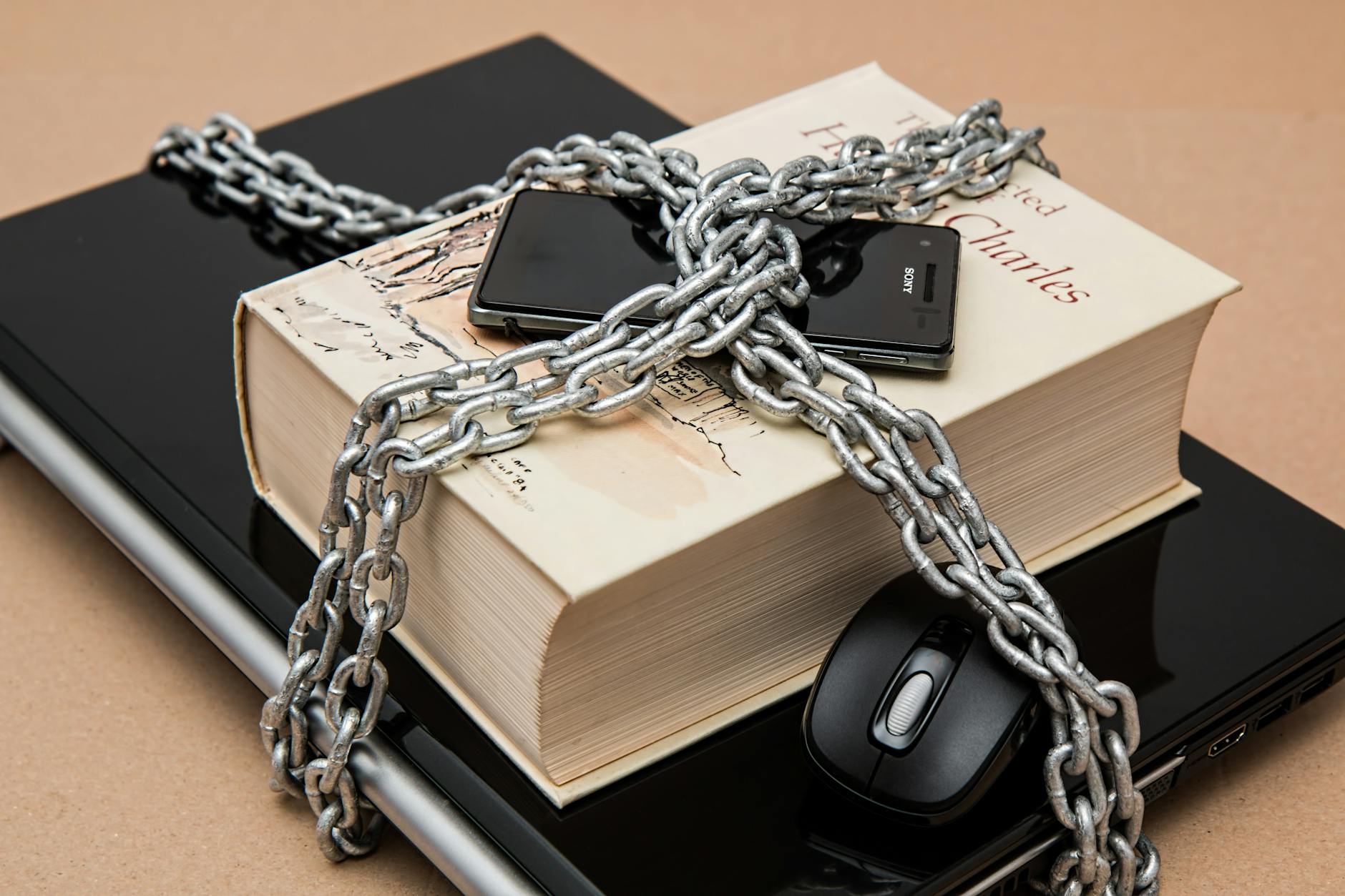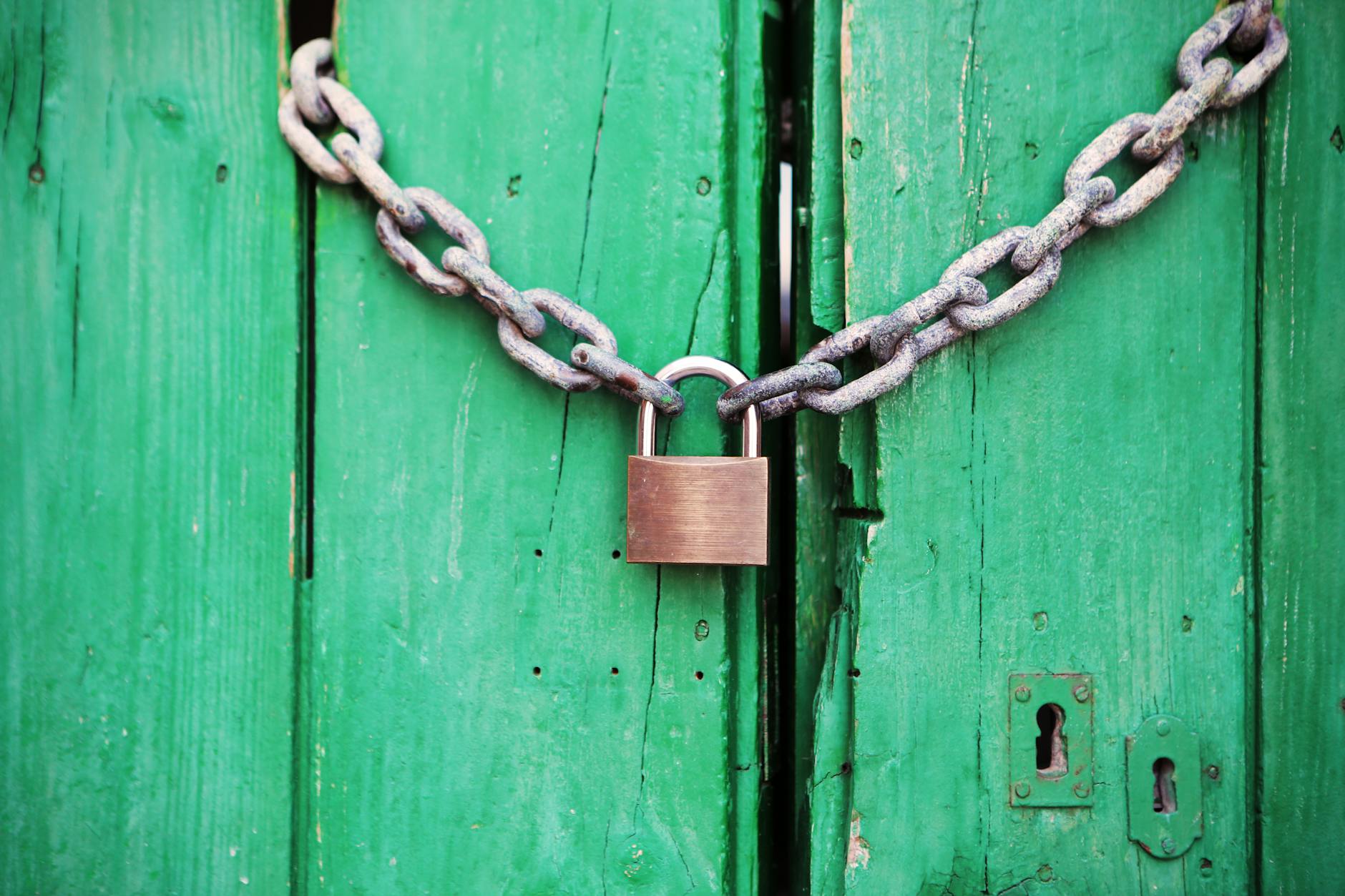Well, if your wallet does get stolen, it used to be folks worried about the money in it. Now the game is different, it’s about identify theft. So here’s the check list:
# Cancel your credit cards. In the US, every credit card issuer has a cancel number. Do it right away. But in any case, your liability is legally limited to $50. The hassle is that you have to prove you didn’t make the transactions. Also, sent a certified letter to each of your card issuers so you have proof you notified them.
# Call the police. They won’t do anything, but record the case number so you can prove that you did everything that you could when your wallet is lost or stolen.
# If you have a check or something like that, then you are in bigger trouble. Close the bank account as soon as you can.
# If your drivers license was there, then they can start to build an new “identity”:http://www.ftc.gov/bcp/edu/microsites/idtheft/consumers/defend.html and open up credit card accounts and so forth. So, you have to call “Equifax”:http://equifax.com, “Experian”:http://experian.com and “TransUnion”:http://transunion.com and setup a 90 day credit watch where they will see if this happens. Legally, if you notify one, they have to notify all three, but I would get on the site and notify them all.
# Get a new drivers license. In certain states, you can change your drivers license number
# File an FTC “online complaint”:https://rn.ftc.gov/pls/dod/widtpubl$.startup?Z_ORG_CODE=PU03 if you think the thieves have used your numbers. Again, this won’t do anything, but forms a record that you tried everything you could do.
# For $10 in Washington State, you can freeze your creidt report. This means that no one can access your credit history and thus not open things in your name.
Powered by ScribeFire.






One response to “Identity Theft”
8. Keep 2 bank accounts. A “public” one that you write all your checks out of but which has minimal balance. A “private” one that has most of your money, and your only transactions are to transfer money to your “public” account. If your “public” account gets compromised, your losses are minimal.
9. Pay for a service like Triple Alert so you can be alerted everytime someone touches your credit records.